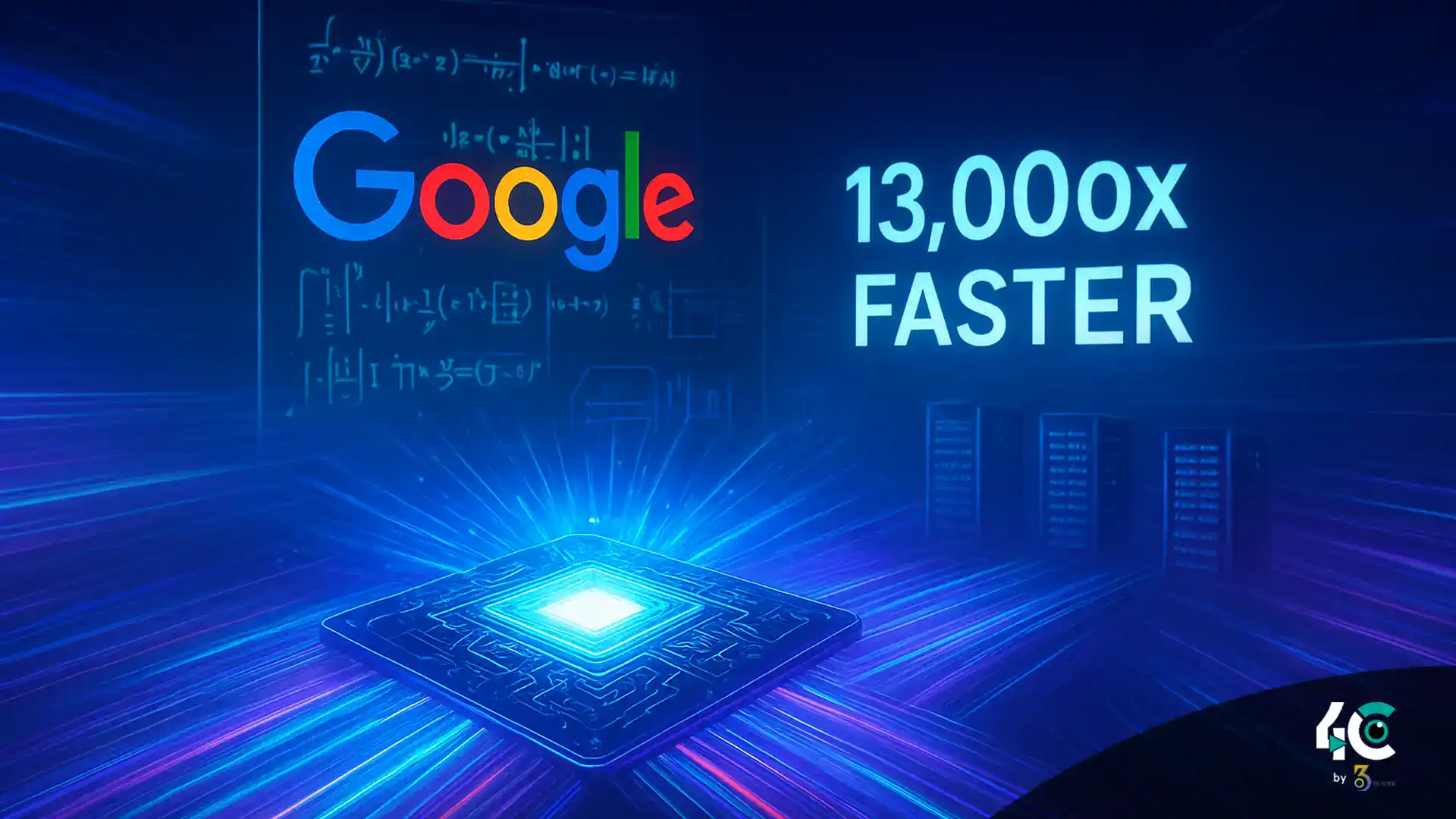Google’s Quantum Strategy: How It Will Impact Cybersecurity and Crypto
Researchers from Google have achieved an extraordinary quantum leap—a historic breakthrough that surpasses the capabilities of today’s most advanced supercomputers. Using Google’s Willow Quantum Processor (Google Quantum AI), the team successfully mapped the structure of a molecule 13,000 times faster than current computational technology.
The experiment utilized a technique called ‘quantum echoes’, which deploys targeted quantum waves to capture highly detailed images of molecules. This technique enables much faster molecular mapping compared to traditional computers.
How Google’s Quantum Echoes Could Revolutionize Computing
In the experiment, scientists were able to pinpoint the exact location of a single qubit (Quantum Computing Wikipedia) to carry out their test. A qubit responded to a precise signal, and the team then analyzed the “echo,” or returning signal. This process made it possible to map molecular structures in great detail.
This verifiable result sets a new standard in quantum computing, as similar quantum computers could replicate the experiment, confirming its importance for future technological developments.
Also Read : Celsius’ Bankruptcy Claims: Tether Settled a $299.5M Claim
Quantum Computing: Blessing and Curse for Cryptography
As the landscape of cryptocurrency and cybersecurity evolves, quantum computing could have major economic and social implications. A sufficiently advanced quantum computer could break the encryption algorithms that keep Bitcoin (BTC) and other cryptocurrencies secure. This would undermine the safeguards protecting digital assets, peer-to-peer finance, and sensitive data in sectors such as banking, healthcare, military, and more.
While the security of Bitcoin’s cryptographic primitives is considered strong, concerns are growing about its vulnerability to quantum attacks. Elliptic curve cryptography (ECC) (Wikipedia: ECC) is the technique that generates public and private key pairs for Bitcoin addresses. ECC could be easily cracked by quantum computers by 2030, potentially signaling the end of many cryptocurrencies.
Is Bitcoin Ready for the Quantum Threat?
David Carvalho, founder of Naoris (Naoris), a decentralized cybersecurity protocol, has called quantum computing the greatest threat to Bitcoin since its inception. According to Carvalho, Bitcoin and other decentralized systems are slow to address the risks posed by quantum technology. Instead of preparing for future challenges, communities are mired in theoretical debates.
At present, quantum computers are not powerful enough to break modern encryption. According to Mental Outlaw, a technology analyst, quantum computers can only break encryption keys up to 22 bits in length. Modern encryption keys, by contrast, range from 2,048 to 4,096 bits, far beyond the current capabilities of quantum technology.
Preparing for a Post-Quantum Future in Cryptography
Although there is no immediate quantum threat, experts and companies are already exploring post-quantum cryptography (NIST Post-Quantum Cryptography) to safeguard digital assets. This quantum-resistant encryption could ensure the security of cryptocurrencies in the face of future quantum advances.
In September 2024, the U.S. SEC (U.S. SEC) received a proposal outlining the implementation of quantum-resistant encryption standards by 2035. If adopted, this will allow Bitcoin and other digital assets to remain secure even in a post-quantum world.
Why We Need to Prepare Quickly for a Quantum-Resistant Future
The advent of quantum computing brings high-stakes challenges to the world of digital finance and global cybersecurity. Google’s latest breakthrough underscores the urgency of developing immediate and long-term solutions to address the quantum threat. What may not seem urgent today could drastically shape the future of cryptography and the digital economy for decades to come.



































